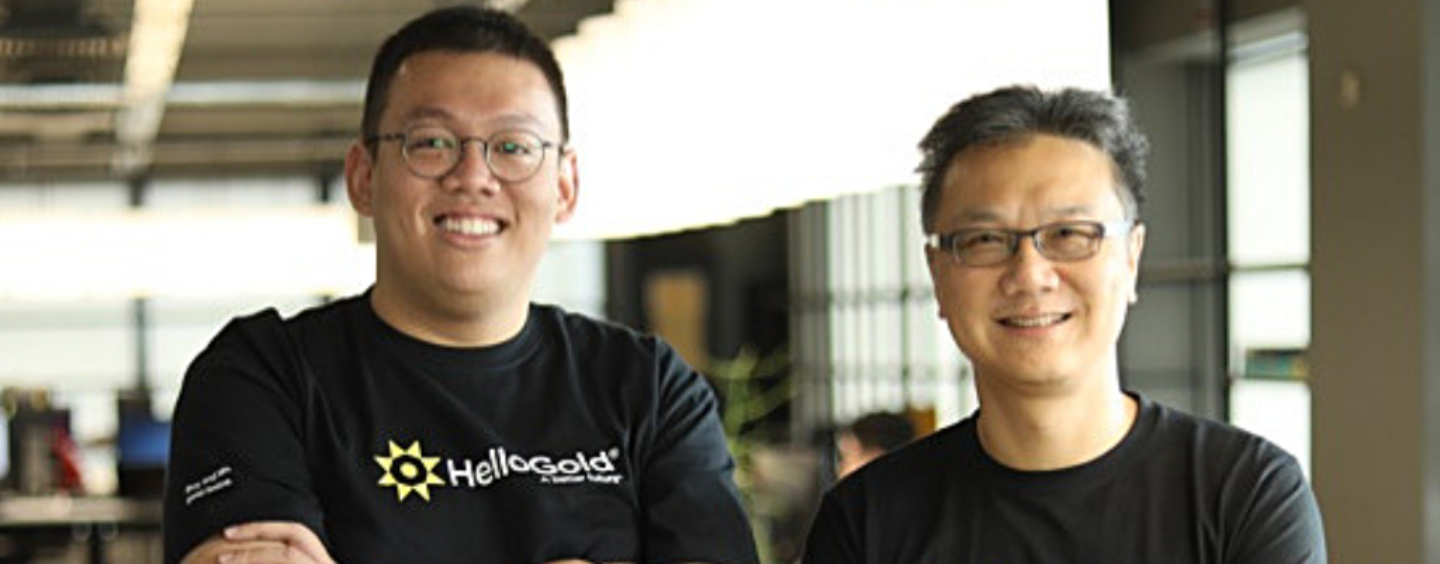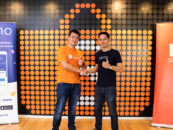
HelloGold Shutters Its Consumer Business — Users Have Until 2 Feb to Withdraw Funds
by Johanan Devanesan January 26, 2023Malaysian-based fintech HelloGold, a savings app that blended gold trading with blockchain technologies, has become the latest casualty of adverse market forces and will be closing down its core business in Malaysia and Thailand.
Users are given until 2nd February 2023 to withdraw their funds, any gold that remains on their platform after the deadline will be sold and funds will be transferred back to users within 5 working days.
Founded in 2015 and officially launched in 2017, the app made use of blockchain innovation to enable customers to save money using gold for as low as RM 1.
The low investment threshold was aimed at enabling low- to medium-income customers to have access to financial products that would traditionally be out of reach for them, like gold savings.
The concept gained traction for its financial inclusion benefits for underserved and underbanked communities in Malaysia, and was recognised for its innovative application of blockchain, becoming the world’s first Shariah-compliant certified online digital gold platform.
On the back of this growth HelloGold expanded its user-friendly financial inclusion services to Africa and then Thailand in 2019, where gold could be procured for as little as 10 Baht.
The startup grew its reach for gold product financing with collaborations with non-banker lender AEON Credit Service (M) Bhd and with KLEAN reverse-vending machines that encouraged recycling plastic and aluminium by disbursing 0.00059 grams of gold for every bottle or can recycled through KLEAN machines.
Despite all the positive momentum and coming out of the COVID-19 pandemic looking like a winner, HelloGold failed to meet its growth targets last year, amidst the far-reaching economic pullback in the region and globally that is still being felt.
“We have not been able to get it to a level of customer activity to make it profitable it didn’t make it make sense to keep it going,” Robin Lee, CEO and Co-Founder of HelloGold, told Fintech News Malaysia, “so we are closing it down and we are pivoting to a B2B model.”
The company has already emailed its current userbase of the decision, and will instead pursue a more promising business model and explore other opportunities presented by its technology while cutting costs.
“It enables us to be back-end focused instead of front-end focused,” Robin confirmed. “We are still continuing to pursue a white-labeling business in Malaysia and abroad.”
Featured image credit: Edited from Unsplash







